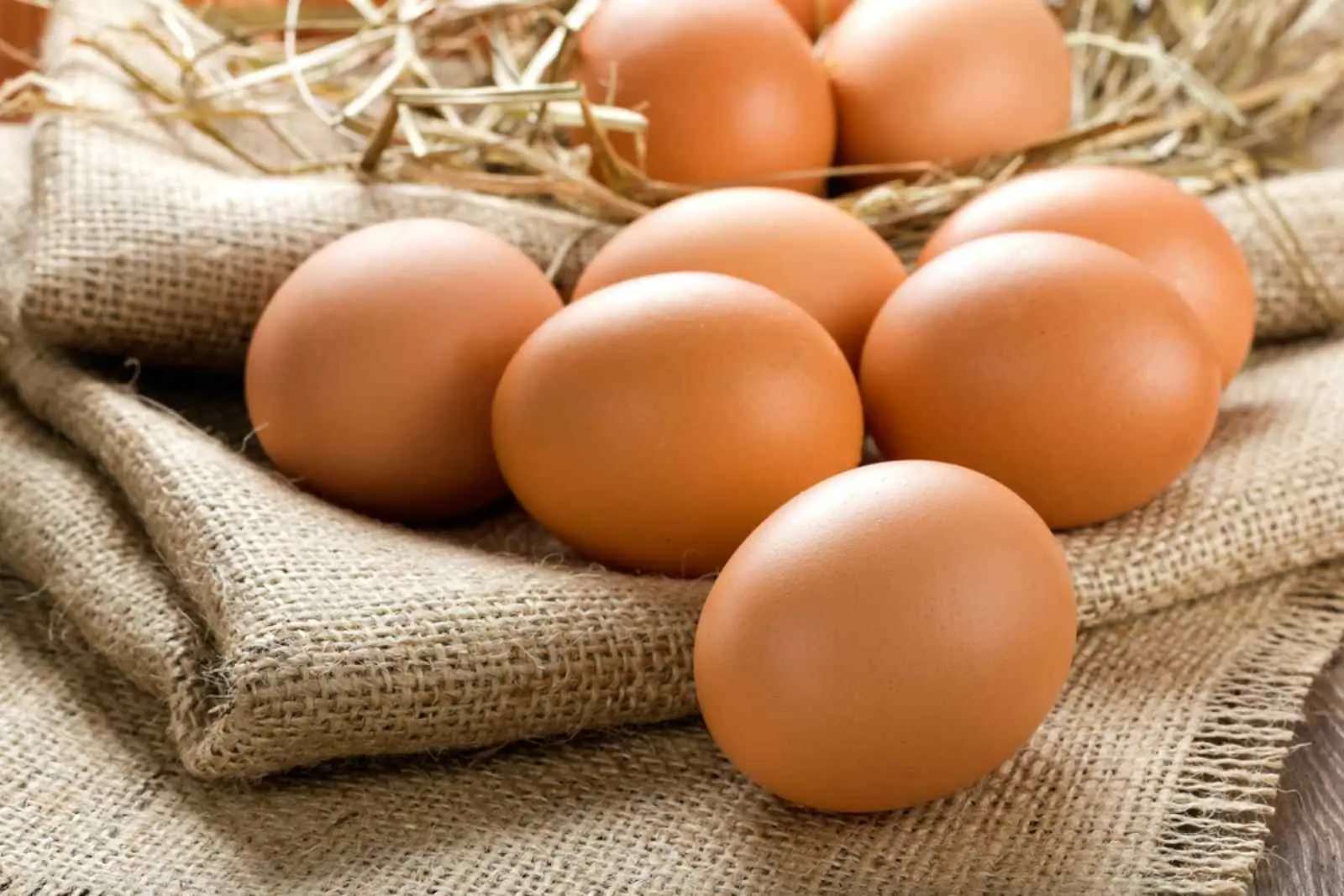
Science is hinting that eggs aren’t just breakfast - they could help protect your memory
Want a sharper memory? Adding an egg to your day might be a smart move
What to Do to Recover Quickly from the Flu: 6 Types of Drinks to Relieve Cough and Nasal Congestion
When you have the flu, it’s important to drink plenty of fluids such as water, vitamin C-rich fruit juices (like orange or lemon juice), ginger tea, and honey-lemon tea. These beverages help rehydrate the body, soothe the throat, and strengthen the immune system.

The flu is an acute viral infection that develops when influenza viruses invade and attack the respiratory system — including the nose, throat, bronchial tubes, and sometimes the lungs.
Most flu cases are mild, and patients recover on their own within 2–7 days. However, in certain cases — such as people with weakened immune systems or chronic illnesses — the flu can become severe and lead to dangerous complications, even death.
Common early symptoms include a high fever ranging from 39°C to 41°C (children often experience higher fevers than adults). Other possible symptoms are chills, sweating, dry cough, sore throat, nasal congestion, headache, and shortness of breath.
Most symptoms subside within 4–7 days, though a dry cough and fatigue may linger for weeks. If symptoms worsen or persist without improvement after one week, you should see a doctor to prevent complications.
Flu sufferers often experience fever, sweating, and dehydration, so it’s important to drink plenty of water to replenish lost fluids. Staying hydrated also helps flush out toxins and thin mucus, easing coughing and nasal congestion.
Drink at least 1.5–2 liters of water daily. You can drink whenever you feel thirsty. However, elderly people should avoid drinking large amounts before bedtime to reduce nighttime urination and improve sleep quality.
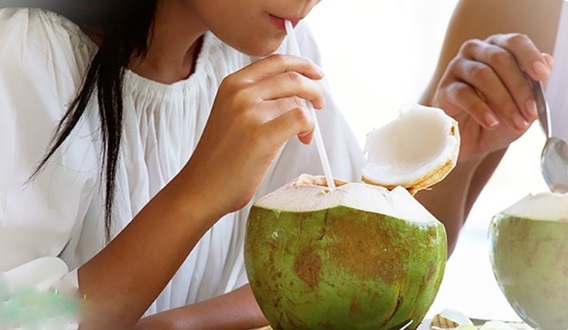
Coconut water contains easily digestible carbohydrates (about 10.4g per 240ml cup) and electrolytes that help rehydrate the body. It’s also a good source of vitamin C (24mg per 100g), which supports immune cell function and protects against viruses and bacteria.
Coconut water is excellent for flu recovery, but experts recommend limiting it to 240ml per day, divided into two servings. Choose pure coconut water without added sugar to avoid excess sweetness or blood sugar spikes in people with diabetes.
Ginger has warming properties and is known for its anti-inflammatory and antibacterial effects due to the compound Gingerol, according to studies on “Antimicrobial Activity of Spices.” It helps block bacterial invasion, relieve headaches, muscle pain, and discomfort caused by the flu.
You can drink two cups (about 200ml each) of ginger tea per day. To make it, add 3–4 slices of fresh ginger (or 250mg–1g of ginger powder) to warm water. Add lemon or honey for better taste.
Note: People with high blood pressure or high fever should avoid drinking ginger tea.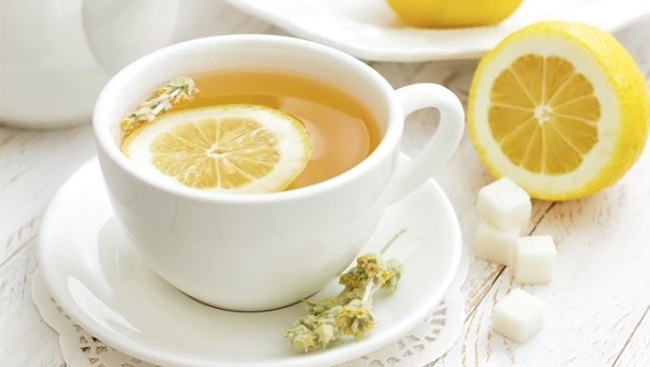
Lemons are rich in vitamin C, along with vitamin A, iron, and potassium — all of which support recovery. Vitamin C is a powerful antioxidant that helps fight viruses and bacteria while strengthening the immune system.
You can drink warm lemon water mixed with honey regularly, but limit it to no more than 1.5 liters per day (using 2–3 lemons).
Caution: Those with stomach ulcers or acid reflux should avoid excessive lemon water intake, as it may worsen symptoms.
Oranges are the “king” of vitamin C fruits, making orange juice a great flu remedy. Every 100g of orange flesh contains around 30mg of vitamin C, which boosts immune function and protects the body from infections.
Drink juice made from one orange (85–100g) per day. You may dilute it with water or add a small amount of sugar for taste. It’s best to drink orange juice 1–2 hours before or after meals.
In addition to plain water, electrolyte drinks help replenish sodium and potassium, which are essential for maintaining fluid balance and preventing dehydration. Sodium aids in fluid absorption and helps the body retain necessary moisture.
However, avoid sugary sports drinks. Instead, choose low-sugar or sugar-free electrolyte beverages for a healthier option.

Want a sharper memory? Adding an egg to your day might be a smart move
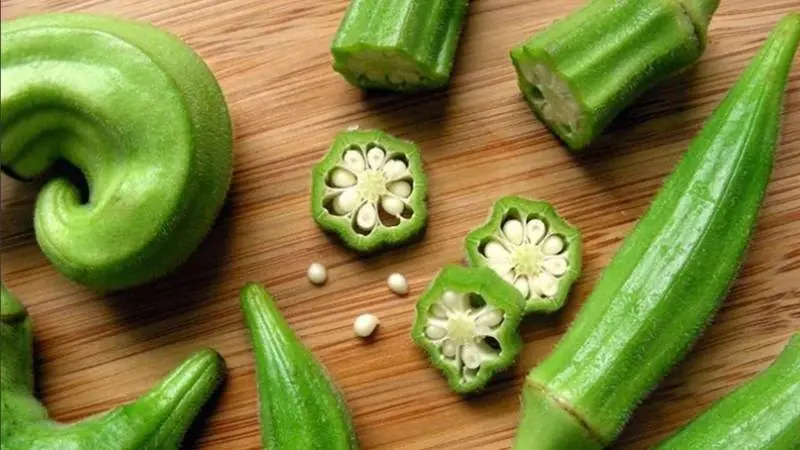
Medical Experts Share Insights on the Impact of Eating Okra

Waking Up With These 3 Nighttime Signs? Experts Say It’s Time for a Medical Checkup
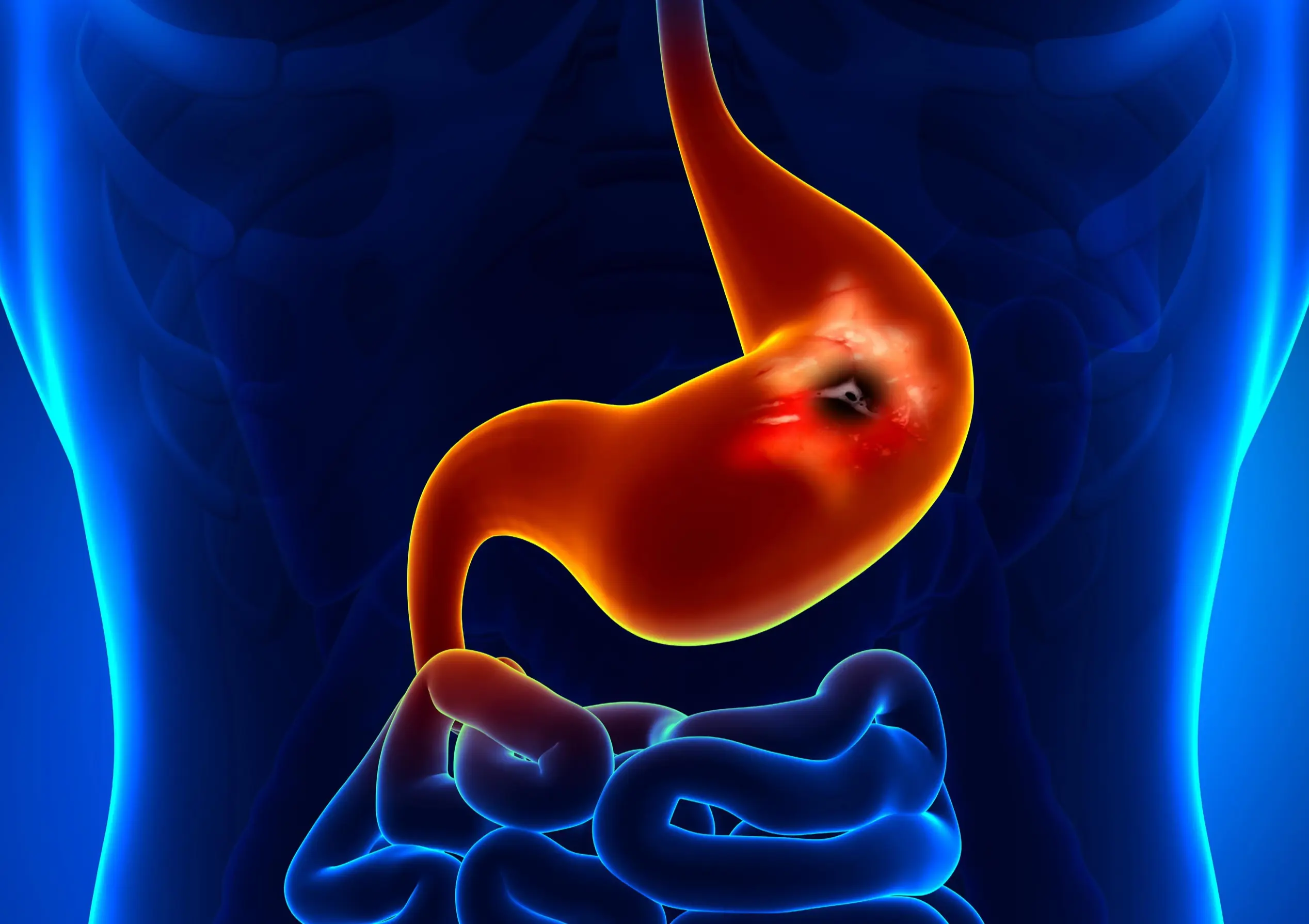
6 Subtle Symptoms of Stomach Cancer to Watch for Early
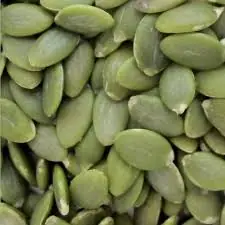
Think Pumpkin Seeds Are Always Healthy? Think Again

Posterior Knee Pain: When It May Indicate a Serious Condition

The Truth About Tilapia: Is It as Healthy as You Think?
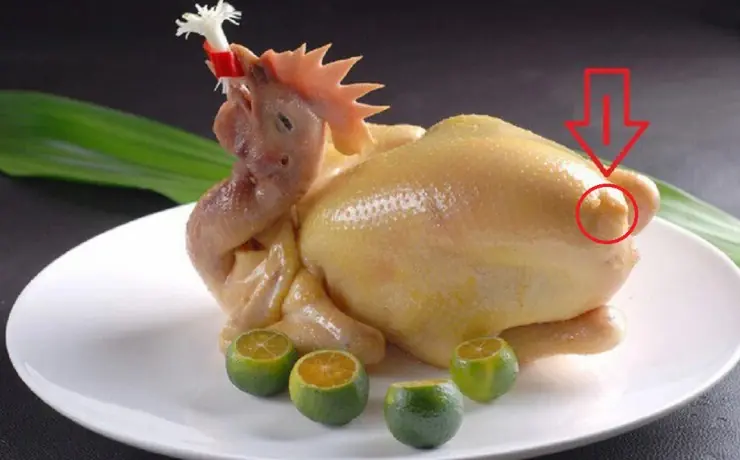
Are These Chicken Parts Safe to Eat? What Experts Say

Frequent Ringing in the Ears? Here’s What It Could Indicate

Got a Large Spot on Your Skin? Here’s What You Should Know

Seeing Strange Bruises on Your Body? Read This First

Clinical Red Flags for Swollen Lymph Nodes in the Neck

Spot These 10 Early Red Flags of Kidney Disease Before It’s Too Late

It’s as if your body is quietly asking for a break — not another diet, not another supplement, but something deeper.

8 Best Anti-Cancer Foods You Should Add to Your Diet

When sinus pressure builds, your head feels heavy, your nose refuses to drain, and even simple breathing can feel exhausting.

Romantic relationships are full of ups and downs, but one timeless truth remains: love thrives on simple moments and deep emotional bonds.

A single morning habit. One overlooked warning. And a medical emergency that changed everything.
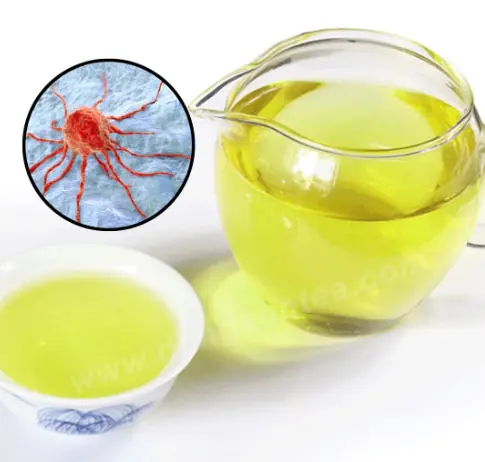


Want a sharper memory? Adding an egg to your day might be a smart move

Medical Experts Share Insights on the Impact of Eating Okra

Waking Up With These 3 Nighttime Signs? Experts Say It’s Time for a Medical Checkup

6 Subtle Symptoms of Stomach Cancer to Watch for Early

Think Pumpkin Seeds Are Always Healthy? Think Again

Do You Nap During the Day? Here’s What You Should Know

Posterior Knee Pain: When It May Indicate a Serious Condition

8 Landscaping Choices That May Encourage Snakes to Hide Nearby

The Truth About Tilapia: Is It as Healthy as You Think?

10 Habits Often Seen as Rude That May Reflect Intelligence

Are These Chicken Parts Safe to Eat? What Experts Say

Frequent Ringing in the Ears? Here’s What It Could Indicate

Understanding Moles on the Lip: Possible Causes and Concerns

Got a Large Spot on Your Skin? Here’s What You Should Know

Seeing Strange Bruises on Your Body? Read This First

Clinical Red Flags for Swollen Lymph Nodes in the Neck

Spot These 10 Early Red Flags of Kidney Disease Before It’s Too Late

Once Ignored, Now Celebrated: The Wild-Growing Vegetable Being Called a “Miracle Herb” for Health

It’s as if your body is quietly asking for a break — not another diet, not another supplement, but something deeper.

Cats are curious, independent creatures—and while that’s part of their charm, it can also be the source of stress when one suddenly disappears.